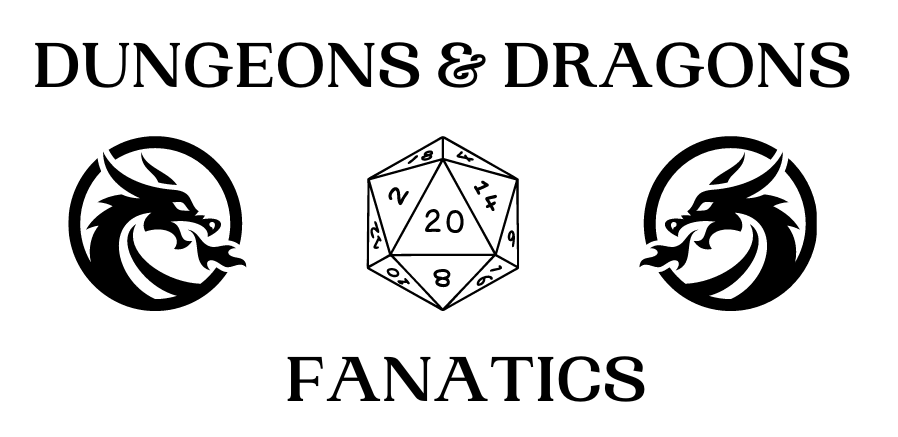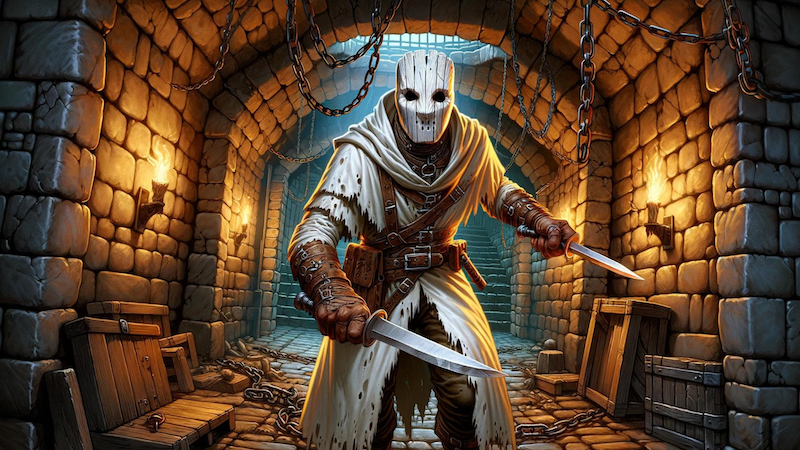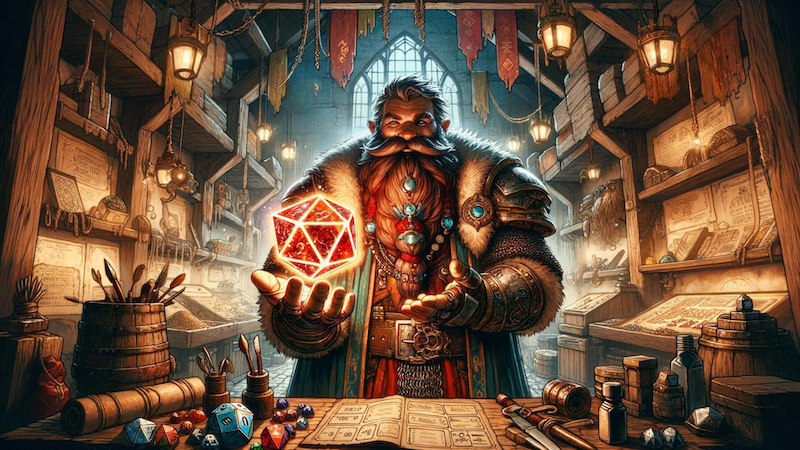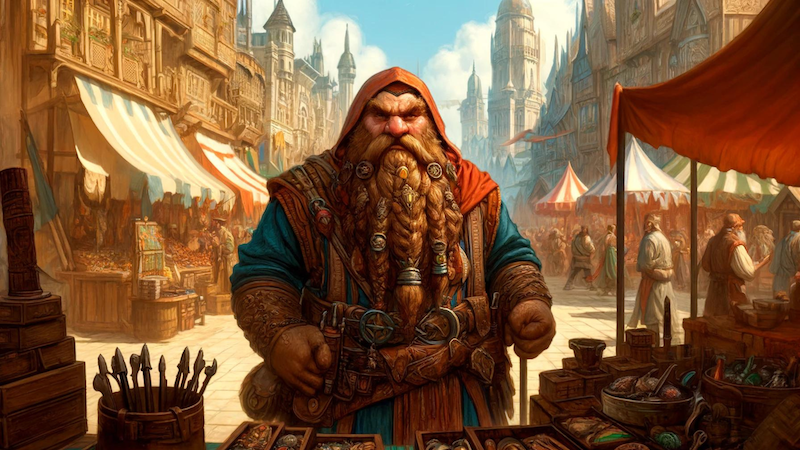

D&D Books No Longer Distributed by Penguin Random House
As an Amazon Associate I earn from qualifying purchases.
Move could potentially impact the bottom line of book retailers and local game stores
In a recent announcement that could have an impact on how Dungeons & Dragons books reach players, Penguin Random House announced that they will no longer be distributing D&D products for Wizards of the Coast. The cut off will take place on January 1st, 2024, as detailed in a brief memo on the official WotC website.
Wizards of the Coast publishes roughly two to six books each quarter every three to four months, with hundreds of thousands of copies in each print run. As one of the largest book publishers and distributors in the world, Penguin Random House has been a key part of D&D’s distribution network, effectively allowing Wizards of the Coast to bring millions of copies of D&D products to brick and mortar retailers around the globe.
It’s not entirely clear why the decision was made by Penguin Random House or what the long term impact will be, particularly as a new 2024 version of D&D is on the horizon. It’s also not clear if this ties in to Wizards of the Coast’s continuing push to promote digital materials over physical books. Below is what we know so far.


What does this mean for D&D players?
While Penguin Random House is undoubtedly the largest distributor of D&D books, they’re not the only the ones. There will now be six companies handling distribution within the US: Alliance, Diamond, GTS, Magazine Exchange, PHS and Southern Hobby. Notably, Wizards has an online portal where you can see the specific distributors of D&D products for various languages and countries.
As such, it’s unlikely that players will have a difficult time getting their hands on physical copies from large retail bookstores. D&D books on Amazon are also likely to be unaffected since Wizards of the Coast maintains a separate relationship with the online retailer. So from a player perspective, there likely won’t be much of an impact.
What does this mean for local game stores?
Local game stores are, however, likely to experience some issues that could impact their bottom line. That’s because larger distributors like Penguin Random House tend to offer better terms and incentives for shipping products, due to the volume they handle and the reach of their network. They also tend to be much better than smaller distributors when it comes to replacing damaged items or returning outdated books.
Smaller distributors tend to have tighter margins and less effective service, so that could mean more headaches for local game stores. There’s a small risk that could potentially also mean passing along additional costs to the consumer (although this is unlikely).
We’ll be keeping a close eye on this story as it develops and will update this page with information as it becomes available.
More D&D News Coverage
For more from the world of Wizards of the Coast, visit our D&D News page.


Cameron Nichols is a Senior Editor who lives in Boston, Massachusetts, and has been playing D&D since the early 90s, when he was introduced by his older brother and cut his teeth on AD&D 2nd Edition. Since then he’s played virtually every RPG he could get his nerdy little mitts on (including a weird Goth phase in the early 2000s when he rocked Vampire: The Masquerade pretty hard). His favorite D&D campaign setting is the Forgotten Realms and his favorite character to play was a Half-Orc Barbarian named Grug (who was unfortunately devoured by a gelatinous cube).
*We are a member of the DMsGuild affiliate marketing program, which provides us with a small commission on any sales at no additional cost to you the consumer.





